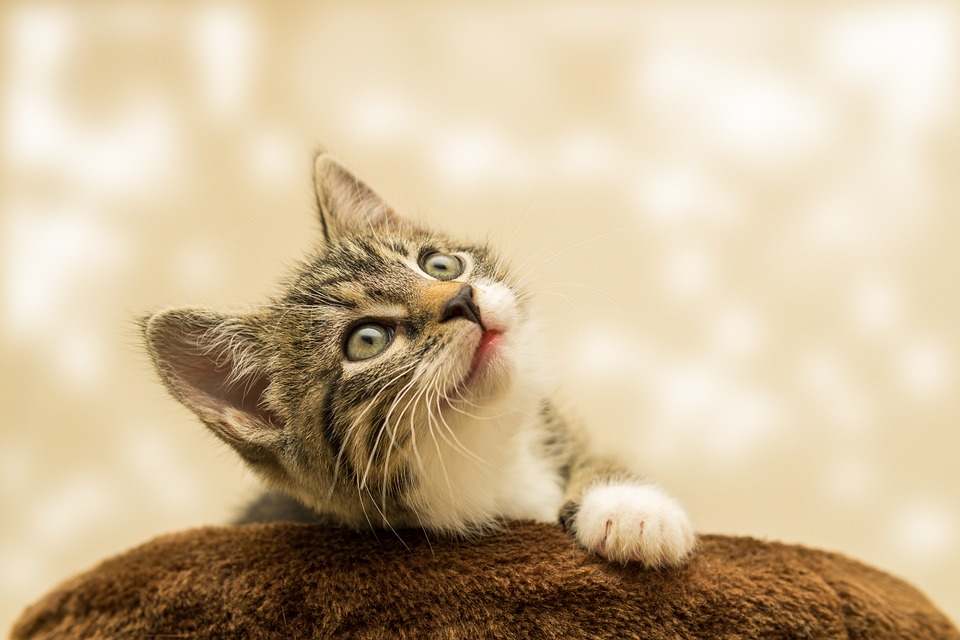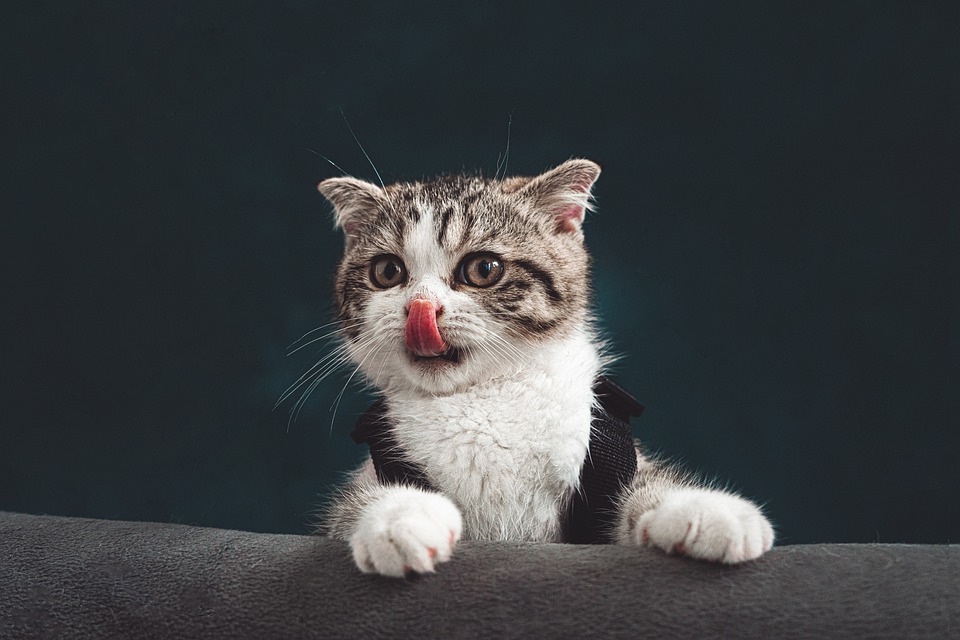Cats are the best pets; they can animate your home and make you feel real happiness. Each cat is unique, and it occupies a great place in a home, and it is even irreplaceable after its disappearance. Thus, it is essential to take good care of your cat to ensure its well-being and guarantee a long life. This article will outline the seven factors to consider for the well-being of your sweet kitty!
Consult a Veterinarian Regularly
The first thing to do to take good care of your cat, or any other pet, is to take it to a veterinarian. He is in the best position to advise you and help you in case of worries, as much in sanitary matters as in psychological issues of your cat, because he knows how to communicate with animals, identify their personal needs and anticipate their unpredictable reactions.
Choosing the Right Food for Your Cat
The quality of your cat’s food plays a vital role in maintaining its health. To do this, you must adapt and vary your cat’s food according to its age, health, and lifestyle. In fact, to choose the right food for your cat, it is essential to proceed to medical check-ups and diagnoses and take advice from a professional specializing in the sale of cat food. They will tell you, for example, the right brands of kibble for your cat and the proper diet to avoid being overweight.
Vaccinate Your Cat
Vaccination helps prevent contamination of the primary feline diseases, both viral and infectious, and stimulates the immune system. Vaccination is done throughout the cat’s life, as cats should be vaccinated as early as two months of age, with a booster after one month, followed by annual boosters.
In general, cats are vaccinated against typhus, feline leukemia, coryza, and chlamydia. These are the most common fatal diseases in cats. Rabies vaccination is reserved for cats that travel a lot.
Spay or Neuter Your Cat
Spaying or neutering your cat is a surgical procedure performed under general anesthesia, which consists of removing the ovaries and/or uterus in females and ablating the testicles in males. It can be done at the age of puberty of the cat (around 6 months). Neutering is beneficial for their behavior, health, and hygiene because on the one hand, neutered cats are more friendly and affectionate (they rarely fight for their territory). On the other hand, sterilized cats are less exposed to various tumors and infections (mastitis, prostates, metritis, etc.), and they spend a lot of time grooming, making their fur cleaner and less matted. To spay or neuter your cat, contact a professional

Take Good Care of Your Cat After Surgery
While your veterinarian will give you tailored advice on medications to take after surgery, you need to do some extra care for a quick and effective recovery. First, do your best to keep the bandages dry, which means not letting your cat out, not getting the bandages wet or dirty, and checking for any abnormalities (unpleasant odors, abscesses). Second, feed your cat a light meal and a limited amount (1/4 of its usual portion) because, after surgery, it may feel nauseous.
Give Your Cat Regular Oral Care
Dental care for cats should not be neglected, as it helps to preserve the entirety of their teeth and avoid bad breath and gingivitis infections. This care is done by brushing the teeth from a young age, at least twice a week, using a very soft brush or a finger bowl and a scaling paste.
Don’t Forget to Groom Your Cat
It’s natural for cats to self-groom, but for best results and to strengthen your bond with your cat, it’s best if you participate in its grooming. In addition, grooming your cat has multiple benefits, including stimulating blood circulation, strengthening muscles, reducing hairballs in the stomach, and achieving a smooth coat.
